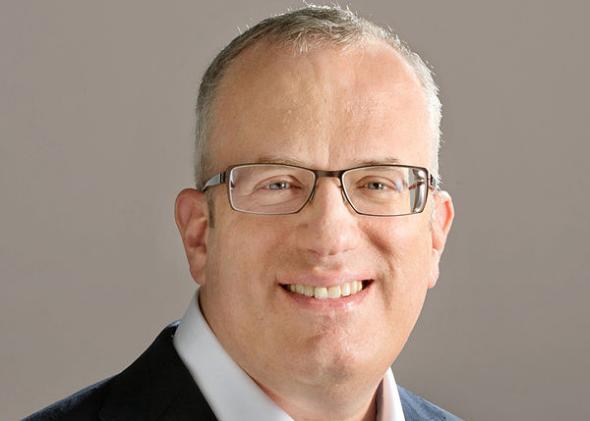Mozilla CEO Brendan Eich stepped down yesterday amid controversy about his 2008 contribution to the campaign to enact California’s infamous anti-gay referendum, Proposition 8. Over the last two decades, voters across the United States broadly supported similar legislation that has specifically targeted, personally offended, and directly harmed members of the gay community. But a dramatic and rapid shift in public opinion over the last few years has brought widespread acceptance of same-sex couples. Many who showed anti-gay animus in the past now sincerely regret their hurtful actions. Should people live in fear that their history of homophobia will come back to haunt them?
In Eich’s case, the controversy surrounded his refusal to reconcile his political support for Prop 8 with his ability to lead a company that values LGBTQ acceptance and inclusion. (Slate’s Will Oremus has eloquently explained why Eich’s resignation was the right move.) But every individual with homophobic skeletons in the closet must have cringed at the sight of a private individual being held accountable in such a public way for past bigotry. While 59 percent of Americans now support marriage equality, the same percentage opposed it just 10 years ago. In other words, today’s society is no longer a comfortable place for homophobes. And that’s a good thing.
But it won’t—and shouldn’t—necessarily end careers. Take the late Sen. Robert Byrd, who joined the Ku Klux Klan at a time when it had significant political clout across the American South. After years of publicly promoting virulently racist ideologies, Byrd came to see the harm he had caused, eventually noting in his memoir, “It has emerged throughout my life to haunt and embarrass me and has taught me in a very graphic way what one major mistake can do to one’s life, career, and reputation.” But he didn’t stop there. In fact, he never stopped apologizing, once saying in 2005: “I know now I was wrong. Intolerance had no place in America. I apologized a thousand times … and I don’t mind apologizing over and over again. I can’t erase what happened.” By acknowledging his past racism so candidly and emphatically, Byrd salvaged not just his career but also his dignity.
None of this means that the LGBTQ community shouldn’t hold people accountable for their actions. There is no congratulations owed for sharing past homophobia. We’ve come to expect the scripted apology after a famous athlete or celebrity lets slip a gay slur. So how do we measure actual sincerity in the aftermath of such an occurrence? By making room for reconciliation. The same patience and understanding that LGBTQ individuals have shown to homophobic family members, friends, congregations, and co-workers should extend to the public at large, even to CEOs who actively helped to overturn marriage equality—provided they want to make things right again.
In order to overcome a homophobic past, in other words, you can’t merely come clean about it and voice your regrets—you also have a duty to continue to acknowledge it. The hard part for most people is that this duty never really ends. For many well-meaning individuals, it was easy to get swept up by the slick anti-gay misinformation campaigns that stoked public homophobia. It may have even been a brief, unexplained pang of fear in the voting booth on Election Day. But it caused harm. Admitting past fears or misunderstandings about gay people takes courage. Doing so empowers others to confront their own pasts, and helps us as a society to recognize and combat the drivers of homophobia in our daily lives. Think of it as a coming out.
Also in Slate:
Brendan Eich Is Just the Beginning. Let’s Purge All 35,000 Donors to Prop 8.
The Astonishing Conservative Hypocrisy Over Mozilla and the First Amendment
If You’re Against Gay Marriage, You’re a Bad CEO
